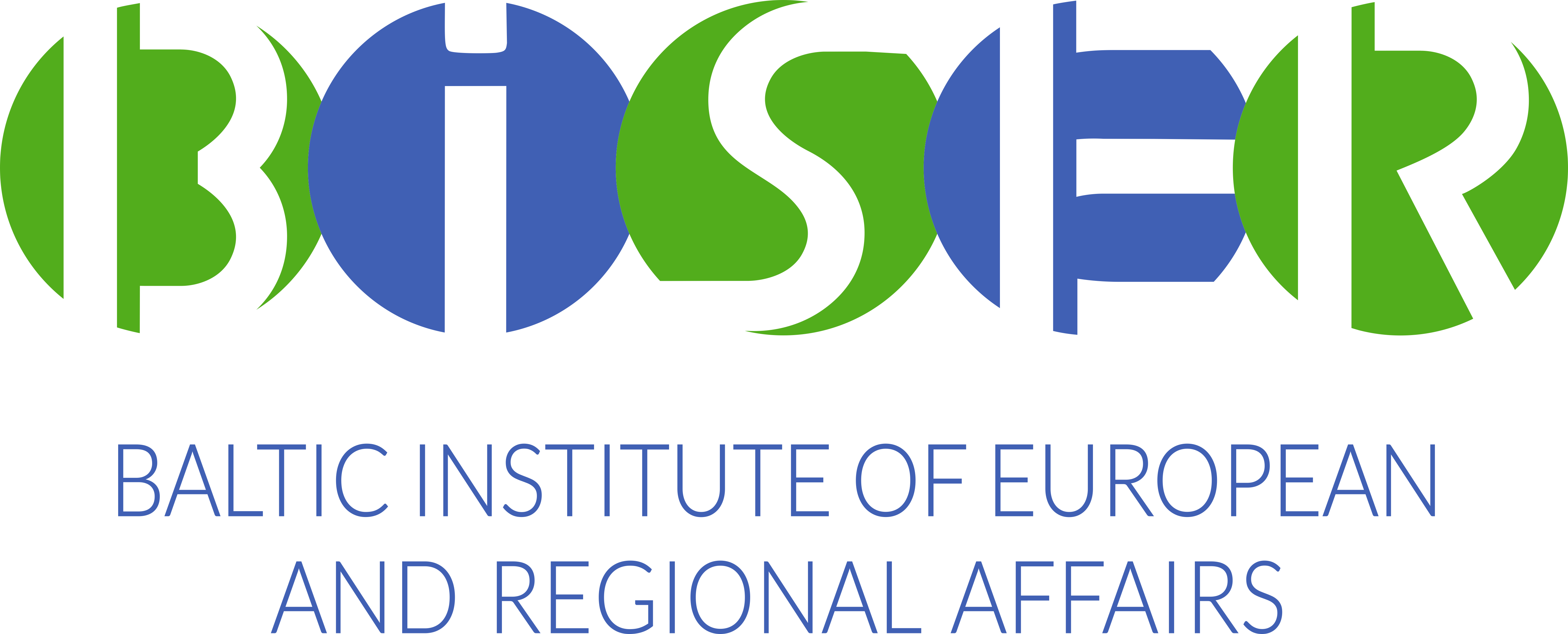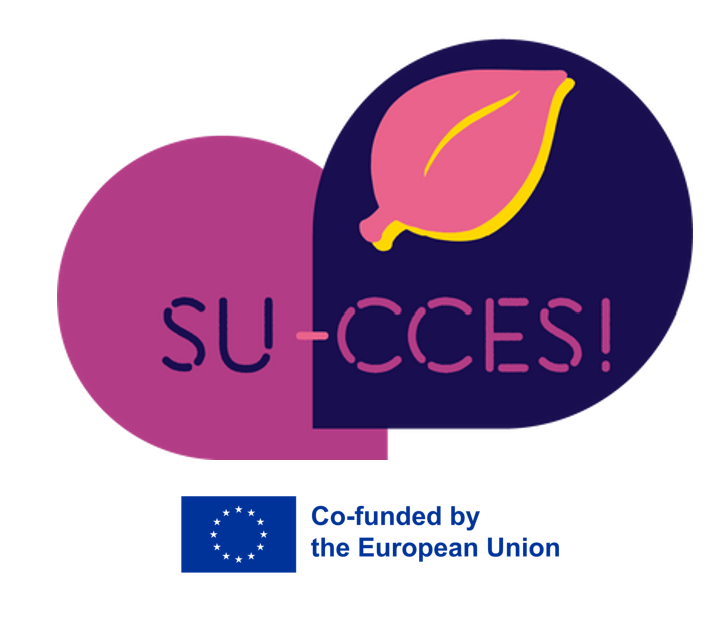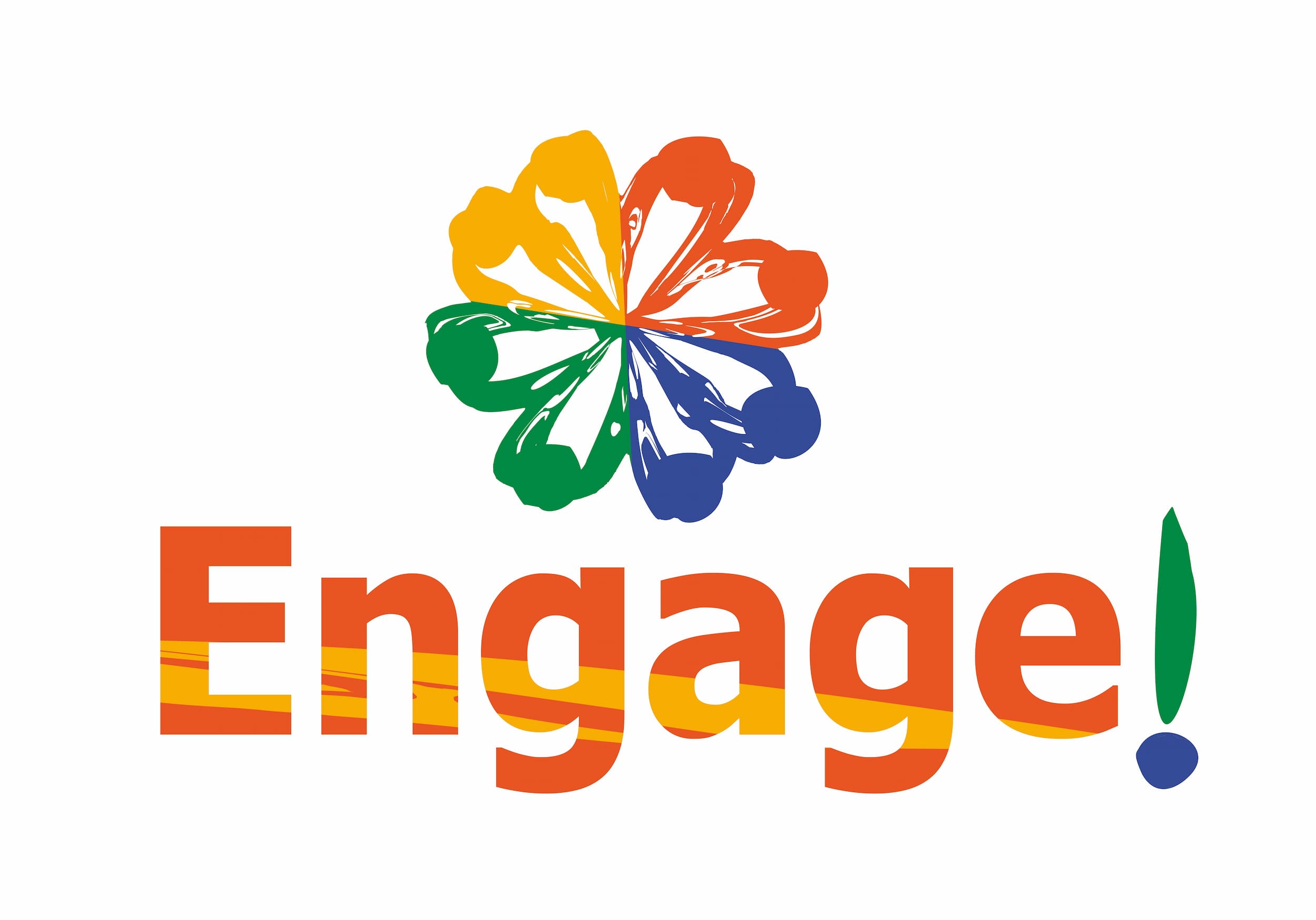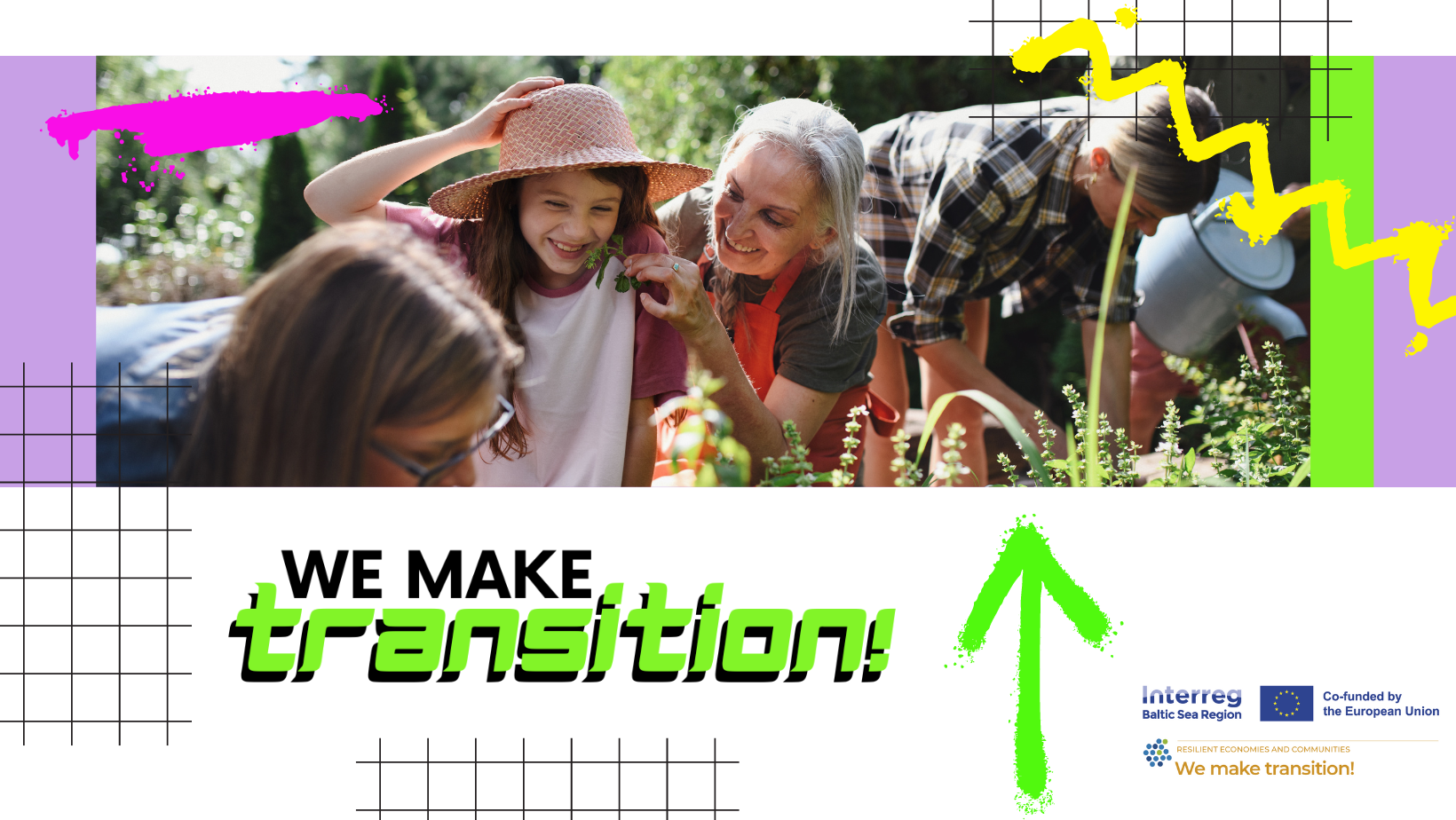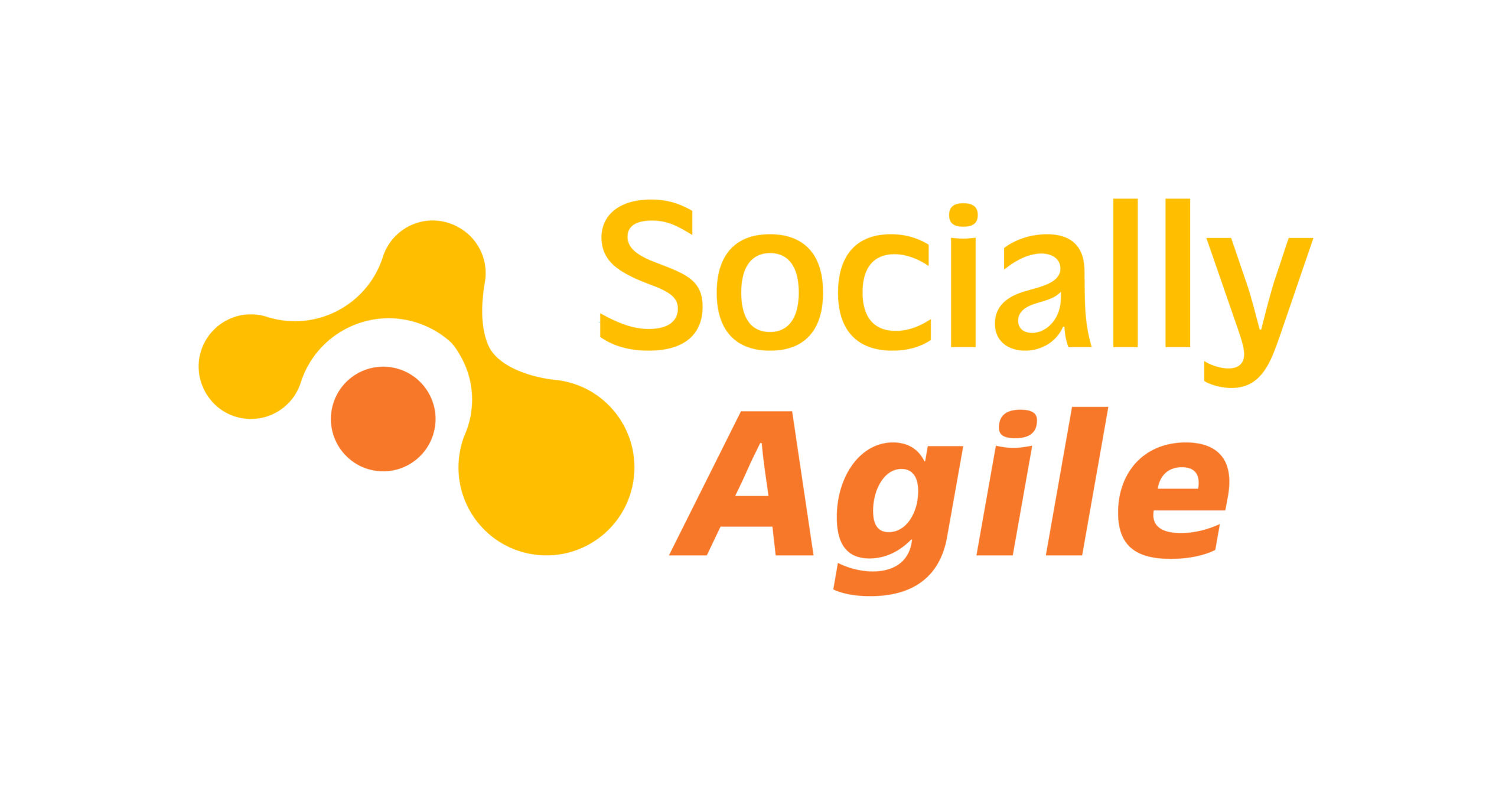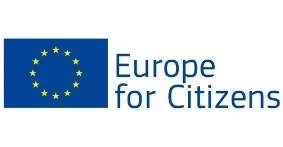We need cooperation between various actors in society to achieve a sustainable future! During spring and summer 2023, partners of the We make transition! -project have organised focus group discussions on selected sustainability topics.
Each focus group has used a set of questions related to the role of civil society actors and their cooperation with the local authorities and decision-makers. The focus group discussion is a good method for facilitating constructive discussion and getting different views on the topic. In Tampere three focus groups were organised:
- Sustainable consumption and lifestyle
- Biodiversity
- Sustainable work and employment
All focus groups had 12-17 participants including city representatives, local decision-makers from different political parties and various sustainability actors such as NGOs, cooperatives and associations.
Sustainable lifestyle discussion brought up that our current lifestyle is strongly based on consumption: “What is a lifestyle that is not based on consumption?” Many grassroot activities, such as urban gardening and sharing and reusing materials promote sustainable lifestyles. The role of city and urban planning in supporting sustainable lifestyles is essential: “It is not enough just to provide information to people, but most important is to create an urban environment that makes it easy to take sustainable practices, like public transport, cycling or flea markets into daily practices.”
This also concerns urban spaces: “Are the urban spaces allowed to be used for anything other than consumption-related activities?” The city should be a platform that enables sustainable and spontaneous activities. The city could also provide spaces where used materials for example from demolished buildings could be stored and offered for various actors for free.
In biodiversity discussion it was underlined that biodiversity is the basis of all life. We need understanding that we are part of nature all the time. The destruction of the environment can be compared to how tobacco and alcohol destroy our own body.
Urban planning places too much emphasis on direct economic benefits. Urban planning tend to forget that people’s favourite places and nature attractions in the city produce well-being and self-regulation.
The value of citizen and civil society actors’ observations and information should be taken into account in urban planning more. Otherwise, the residents can become embittered and passive. It should be possible to protect nature-rich areas, and at the same time value biodiversity also in the built environment. These should not play against each other.
Civil society organisations can apply financial support from the city for enhancing sustainability in many ways. Some actors have important role in weeding out alien species or spreading wood chips on walking paths in a forest. But applying small amounts of funding for this kind of work is bureaucratic and takes a lot of time: “Could access to financial support be facilitated especially for grassroots activities that are in line with the sustainability objectives of the city and benefit the city?” It would be better if civil society actors could more directly propose these measures for the city, and implement them more in genuine cooperation and through a some kind of partnership model.”
In the discussion on sustainable work and employment it was brought up that there are many civil society actors that organise rehabilitation for unemployed people. These actors are very valuable for the society, but they cannot support single persons longer term, as the rehabilitation period is usually only 3 months. It was said that in many cases, the persons would need support for a longer period.
There are also many actors that create totally new jobs in sustainability, e.g. in circulation of textile waste. The work of these actors should be made more visible.
